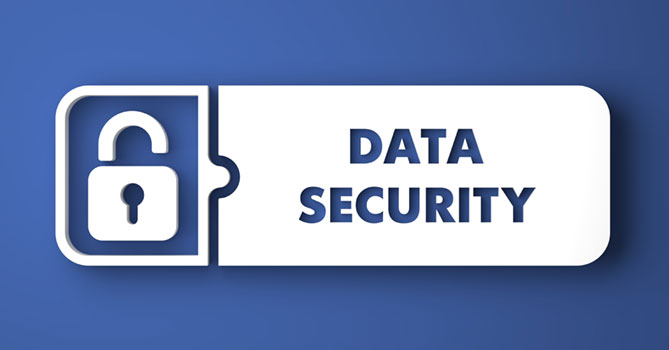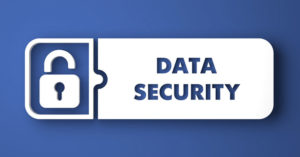Why are so many medical offices being attacked? Simple, this is a one stop shop for everything needed for identity theft and many medical practices do not have appropriate safeguards in place. Business associates have even been the target or the entry point. HIPAA requires certain security safeguards to be in place to ensure the safety and security of Protected Health Information (PHI).
There have been 188 data breaches of 500 or more patient records in the first 6 months of this year, and in April alone there were 42. Thirteen of the 188 have already been resolved. https://ocrportal.hhs.gov/ocr/breach/breach_report.jsf
These breaches include small medical practices, business associates, and hospitals. Small and large. Paper and electronic. No one is immune. Many organizations think they are too small to get hit, but the fact is the most common problem is untrained staff that unknowingly cause this to happen. Education is the key to avoiding this catastrophe from destroying your reputation. Of course you still need to certain technical safeguards in place, but even then it only takes one click of a mouse to bring your network down.
Here are some areas to consider:
- How would you process a data breach?
- How would you handle the reputation management of the breach?
- How would you pay for the cost of breach and the investigations?
Having a breach notification plan in place before a breach occurs is critical to reducing the damage. You must have processing in place to shut the system down, continue manually, and report to the appropriate authorities.
Consider the lack of trust from your patients since their information was compromised from your office. No matter if it was your fault or that of a business associate this could have a negative impact on your patient database.
Breaches are costly on many fronts, the first being the cost of the notification of the patients, investigations, downtime, and the mitigation of the source of the breach. In 2013 the Ponemon Institute reported that a data breach cost $233 per medical record, now in the 2018 the report states a healthcare breach can cost on average $408 per medical record.
https://www.ibm.com/security/data-breach
Keep in mind if you do not know which records were breached then everyone must be included in the notification process. What could turn out to be the most costly is the fines and penalties associated with the breach. Depending on how and when you processed the breach is one determining factor. Also once the investigation is complete, if it is discovered this was an ongoing problem and was not mitigated, then you could be found in willful and wanton neglect. This is NOT a place you want to find yourself! The Office for Civil Rights (OCR) can also fine you for not conducting a thorough enough risk analysis thus leaving vulnerabilities untouched. How well do you trust your efforts in securing your data? Have you conducted a risk assessment to determine if what you have in place is sufficient?
How can Aris help?
- First of all we conduct a thorough risk analysis that uncovers vulnerabilities and create a risk management plan so that you can mitigate those risks.
- Since written documentation is also part of HIPAA compliance, we provide the necessary privacy and security policies, procedures, and documentation needed for state and federal regulatory requirements.
- We also offer HIPAA training that includes privacy and security and any custom requests.
- If you are one of the many organizations that simply do not have the time to implement your HIPAA program, we can do that for you as well. Month to month, no long term contracts!
If you would like a free HIPAA checkup call 877.659.2467 or complete the contact us form.
“Simplifying HIPAA through Partnership, Education, and Support”










